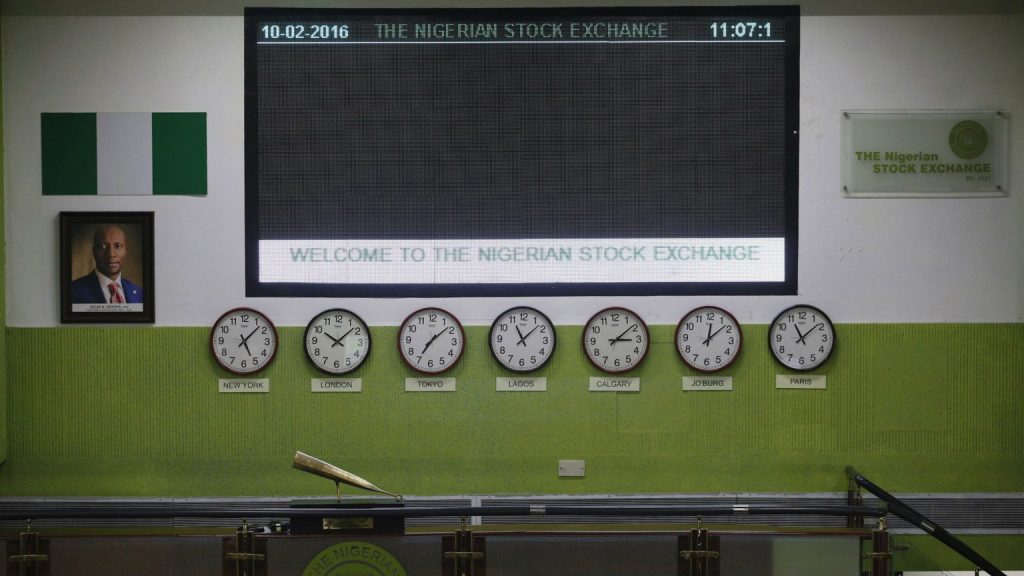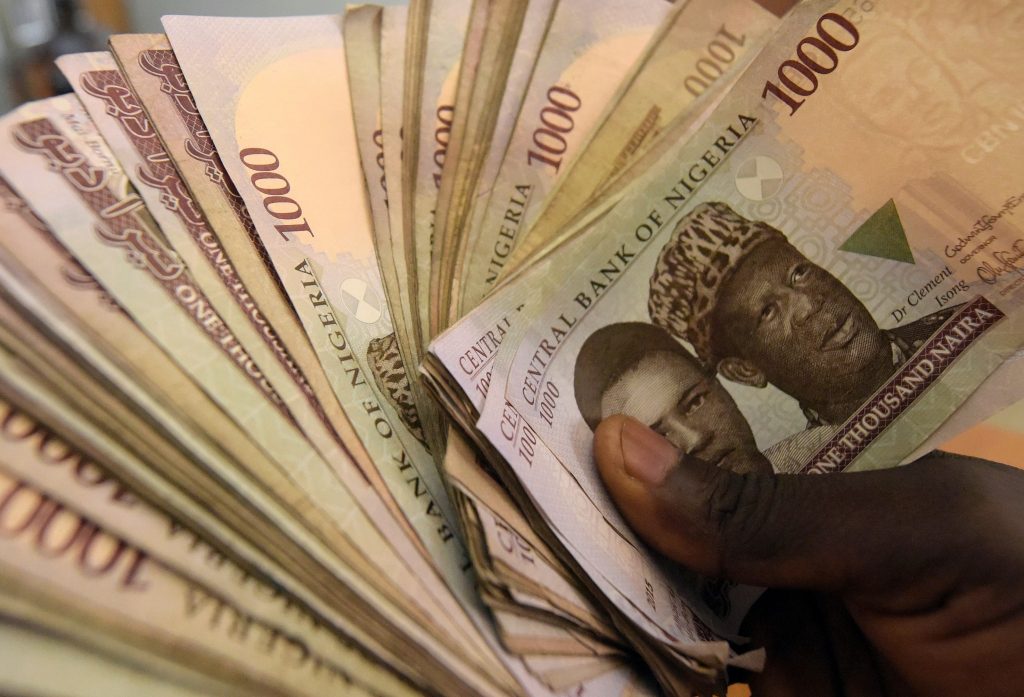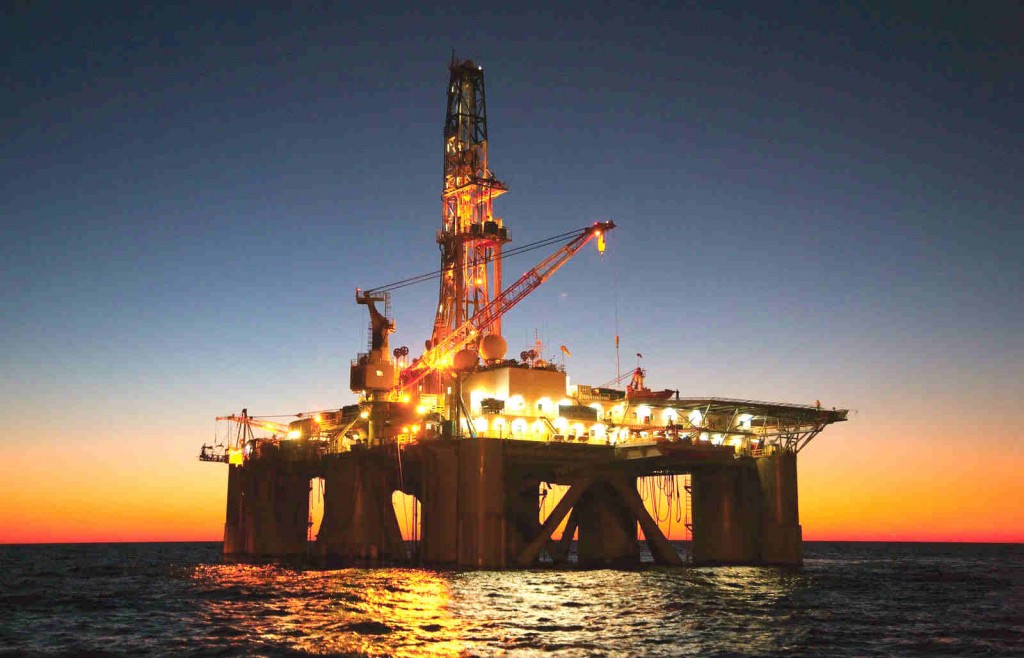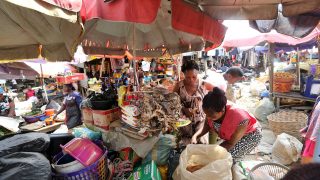Nigeria is an oil-dependent country and not an oil-rich country, according to Dr. Doyin Salami, a full-time member of the faculty at the Lagos Business School (LBS) and former member of the Central Bank of Nigeria’s Monetary Policy Committee. He revealed this while speaking at the Business Breakfast meeting organized by the NASD PLC Exchange company and held at the La Scala restaurant, Muson centre in Lagos on Thursday.
While discussing the economic outlook for Nigeria in 2019 at the breakfast meeting, he advised businessmen to divest themselves from the thought that Nigeria is “oil-rich”.
“They say Nigeria is oil-rich, Saudi Arabia is oil-rich, Nigeria is oil dependent. Nigeria does 2 million barrels of crude oil per day, then at least 365 days roughly 800 million barrels of crude oil annually. If there are 200 million of us, that means each person (Nigerian) is entitled to 4 barrels of crude oil every year but do the Saudi numbers…Saudi is doing 10 million barrels of crude oil daily, and that is being conservative by the way. So 4 billion barrels annually and they have 30 million people to share it. For succeeding in waking up every morning, each Saudi is entitled to roughly 6 thousand US dollars; now we can decide which one is oil-rich and which one is oil dependent.” he said.
As the keynote speaker at the Business meeting, he gave predictions on the factors that would drive Nigeria’s economy in 2019; price of oil, from which the country derives most of its revenue, successful general elections, which would indicate to investors of the country’s stable political climate, the policy direction of whoever wins the elections, domestic policy including the annual budget, interest rates in Nigeria will remain up, increase in taxes, etc. These key factors will be important for investors looking to invest in the country in 2019. Read the rest of the story here.
Below is the Ventures Africa Weekly Economic Index, for the week ending 8th of February 2019. This economic index gives you a glimpse into other recent activities in Nigeria’s economy as well as changes and prices that could affect the economy:
Nigerian Stock Exchange

Data released by the Nigerian Stock Exchange (NSE), as of 8th of February 2019, showed that the All-Share Index appreciated by 2.92 percent from the previous week ending 1st February 2019. Market capitalization at the close of trading during the week under review was N11.758 trillion, a 2.92 percent increase from N11.424 trillion recorded the previous week. The All Share-Index for the week under review closed at N31,529.92
Top five price gainers and decliners in the week under review:
Top five price gainers
Regency Assurance Plc.
Dangote Flour Mills Plc.
Guaranty Trust Bank
McNichols Plc. Plc
Aiico Insurance Plc.
Top five price decliners
Royal Exchange Plc
Guinea Insurance Plc.
Champion Breweries Plc.
Interlinked Technologies Plc.
E-Tranzact International Plc.
How did the Naira fare?

The Naira retained its value against the dollar, with the naira pegged at 362NGN against the dollar on the 8th of February 2019, same as 362NGN recorded the week before.
How did the price of oil fare

Brent oil prices finished the week at $61.46 per barrel on the 8th of February 2019, representing a decrease from $62.30 recorded a week earlier.
The decrease in oil prices has been attributed to the rise in drilling activities in the United States. Energy firms increased the number of oil rigs in operation last week, for the second time in three weeks. This has resulted in a further rise in US record crude output.








